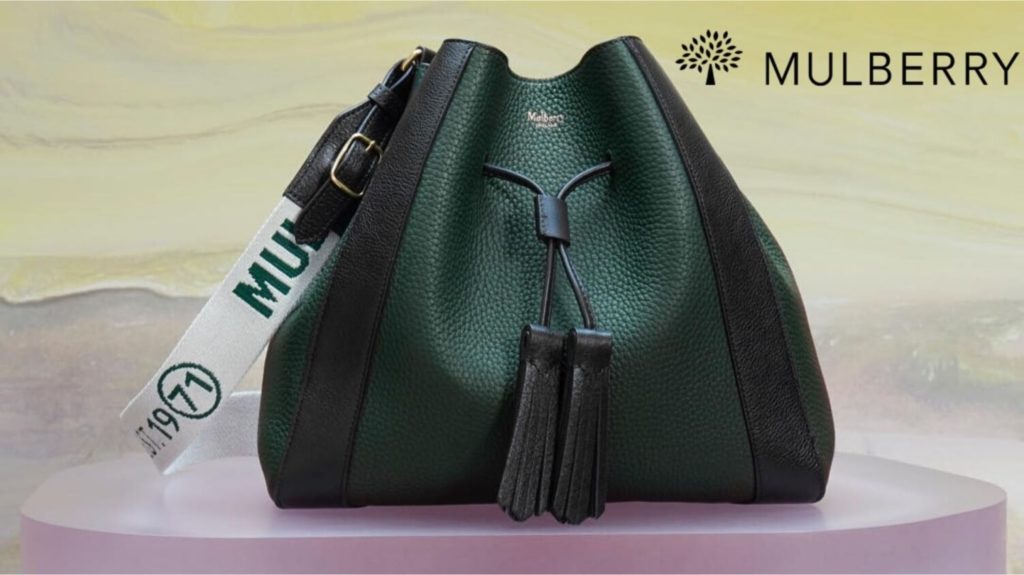Luxury fashion brand Mulberry just banned the use of exotic animal skin from all future clothing.
The upcoming spring/summer collection marks the company’s departure from using exotic animal skins. The decision follows advice from conservation experts who warned that the exotic skin trade could increase the spread of disease.
Mulberry—which is already fur-free—announced the change just days after the American retailer Brooks Brothers made a similar statement. Mulberry has faced pressure from the animal rights group PETA (People for the Ethical Treatment of Animals).
“[W]e have spent a lot of time determining and then continually reviewing our sustainability metrics and targets,” said Rosie Wollacott, Mulberry’s Group Sustainability Manager. “At an early stage of this process we decided not to use exotics in our collections.”
With the spread of the coronavirus, some campaign groups are calling for a global ban on wet markets. However, the trade of exotic animal skins may also contribute to the spread of zoonotic diseases. Lynn Johnson, founder of Australian campaign group Nature Needs More, explained the risks of all exotic wildlife trade to The Independent.
“It does not matter what these facilities breed for—meat or skin; if they are close to areas where bats live, for example, the chain of transmission can happen again. Humans handling the animals is enough for transmission,” said Johnson.
“Any industry that involves humans handling—not just consumption of—exotic animals poses a risk of animal-to-human transmission for a newly evolved virus,” she added.

Fashion and Animals
Mulberry and Brooks Brothers are not the only fashion brands distancing themselves from controversial exotic animal skins. Companies including Chanel, Victoria Beckham, Vivienne Westwood, and French fashion group SMCP have also banned exotic skins.
Earlier this year, the iconic British fashion label Paul Smith also announced that it would ban all use of such skins in future collections.
“Paul Smith is committed to ensuring high standards of animal welfare and requires this same commitment from all of our suppliers,” says the brand. “We do not use exotic skins, fur or Angora rabbit hair. We also do not use species listed in the CITES Appendices.”


